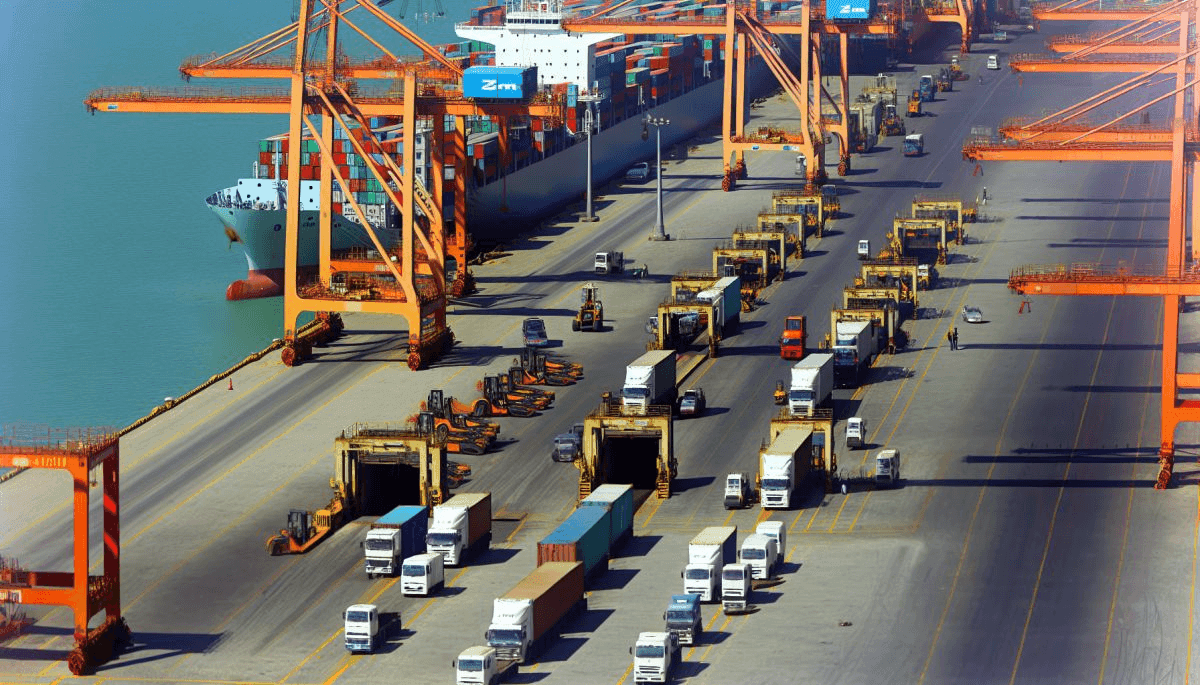Understanding Project Cargo's Role in Georgia
As global trade continues to evolve, Georgia has emerged as a pivotal link between Europe and Central Asia. This transformation can be attributed to the country's strategic location and the rising prominence of project cargo logistics. With 2025 on the horizon, stakeholders are eager to understand what the future holds, especially for the Poti-Batumi corridor.
Poti and Batumi: The Twin Pillars of Maritime Expansion
Poti and Batumi ports serve as indispensable nodes in Georgia’s logistical framework. With their strategic proximity to both Europe via Bulgaria and Romania and Central Asia including Azerbaijan and Turkmenistan, these ports have become bustling centers for the movement of heavy and specialized cargo.
The unique advantage of Ro-Ro shipping in Georgia is evident as the ports facilitate smooth transitions of vehicles and heavy machinery, essential for project logistics. The competent integration of these two ports is integral for enhancing trade routes that bolster international relations.
Increasing Freight Volumes and Strategic Developments
In recent years, freight volumes at Poti and Batumi have surged, reflecting a growing demand for efficient and cost-effective transport solutions. This upsurge is not merely numeric; it is emblematic of Georgia's role as a strategic logistics hub. Notably, heavy freight volumes have necessitated the development of more sophisticated infrastructure and services to support the increased traffic.
Future plans include expanded docking capacities and improved freight handling systems, ensuring that the ports keep pace with global shipping demands. This foresight makes Georgia a competitive player in the realm of international logistics.
The Turkish Influence and Cross-Border Collaborations
Moreover, cross-border collaborations with neighboring countries like Turkey have further enhanced Georgia's logistics capabilities. The Turkey project cargo initiatives have brought in new technological advancements that facilitate smoother operations and increased throughput.
Marine logistics Turkey contribute significantly through partnerships that involve modern transport technologies and strategic cross-border agreements. These collaborations not only streamline processes but also encourage mutual growth, promoting long-term sustainability in logistics.
Looking Ahead: 2025 and Beyond
As we look towards 2025, it’s clear that the Poti-Batumi corridor will play an even more essential role in connecting key markets. The anticipated developments, such as advanced project logistics Georgia, aim to further optimize transportation flows and expand trade capabilities.
Given the ongoing investments and policy reforms, Georgia's maritime and logistics sectors are poised for a promising future. This growth will likely fortify its position as a vital corridor in Eurasian trade, playing a significant role in the international freight Turkey market and beyond.
For more insights and detailed analysis on Georgia's maritime developments, explore Lider Shipping Company or Lider Shipping Services.

